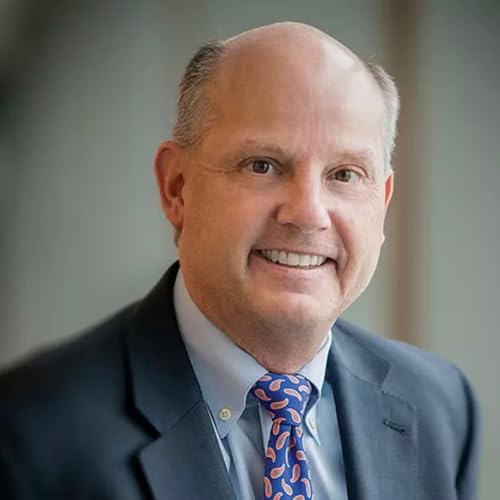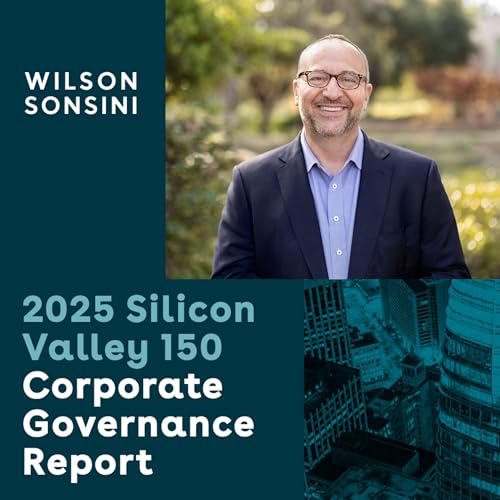(0:00) Intro
(2:04) About the podcast sponsor: The American College of Governance Counsel
(2:50) Start of interview
(3:51) Betsy's origin story
(9:14) The HealthSouth Board Scandal
(16:35) Her preference when picking what boards to serve on
(17:30) Insights VC-backed Boards and role and profile of the independent director in this context
(21:20) Insights on PE-backed Boards and role and profile of the independent director in this context
(25:35) Navigating International Board Dynamics. Her experience on boards of Volvo and Schneider Electric.
(30:57) The Rise of Private Markets. Example of Atlas Air (Apollo backed). IPOs in 2026.
(35:07) AI's Impact on the Market and other macro trends
(38:10) Founder-Led Companies and Governance (including dual-class share structures).
(42:25) The Impact of Geopolitics on Governance
(45:11) The Impact of Politicization on Governance. Examples of Budweiser, Google, Netflix, and the mission-driven approach by Coinbase.
(50:09) Adapting to Accelerating Change as Directors. The problem with incrementalist "custodian" directors in times of disruption. "It's really about being change-adaptive and comfortable making decisions with incomplete information. You look at someone like Musk, he's making decisions when he has 60% of the information. Most boards want 95% before they'll move. That's the fundamental challenge."
(55:58) Books that have greatly influenced her life ("the best business book"):
- Good to Great, by Jim Collins (2001)
(56:16) Her mentors. Craig Billings (CEO Wynn Resorts), Michael Steen (CEO Atlas Air Cargo), Jean-Pascal Tricoire (Chairman, Schneider), her mom ("her biggest mentor").
(57:06) On the current state of shareholder activism
(57:58) Quotes that she thinks of often or lives her life by "Perfect is the enemy of good enough."
(58:19) An unusual habit or an absurd thing that she loves: she's a compulsive note-taker (plus, her recommended policy for directors)
(1:00:12) The living person she most admires: Elon Musk
Betsy Atkins has served on more than 38 public company boards and through 17 IPOs, in addition to scores of PE and VC-backed company boards. She brings a rare perspective shaped by crisis situations, international board service, and rapid technological change. She currently serves on the boards of Wynn Las Vegas, GoPuff, and the Google Cloud Advisory Board.
You can follow Evan on social media at:
X: @evanepstein
LinkedIn: https://www.linkedin.com/in/epsteinevan/
Substack: https://evanepstein.substack.com/
__
To support this podcast you can join as a subscriber of the Boardroom Governance Newsletter at https://evanepstein.substack.com/
__
Music/Soundtrack (found via Free Music Archive): Seeing The Future by Dexter Britain is licensed under a Attribution-Noncommercial-Share Alike 3.0 United States License
 1 hora e 7 minutos
1 hora e 7 minutos 1 hora e 3 minutos
1 hora e 3 minutos 1 hora
1 hora 55 minutos
55 minutos Jan 20 202656 minutos
Jan 20 202656 minutos 56 minutos
56 minutos 53 minutos
53 minutos 1 hora e 1 minuto
1 hora e 1 minuto
